In English
13 de agosto de 2019
Students in Indian School Pay Tuition with Plastic – Level 3
The Akshar Foundation school has found a way to help the environment while fighting child labour in the state of Assam, in India.
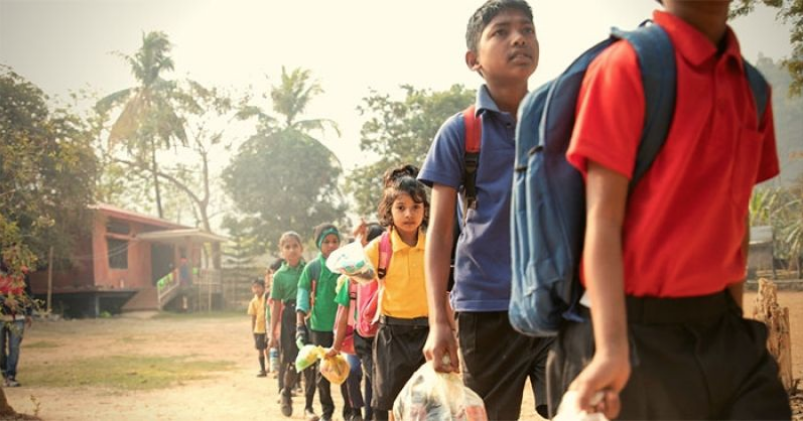
The Akshar Foundation school has found a way to help the environment while fighting child labour in the state of Assam, in India. To study at this school, students pay the tuition with plastic, which they help recycle in exchange for money. The amount helps the parents pay for school and the students keep up the studies.
Each student takes close to 100 plastic items that have been discarded in their home every month to a recycling centre in the school, where the material is converted into ecological bricks.
The initiative started when the school’s founders, Mazin Mukhtar and Parmita Sharm, heard from students that it was very common to burn plastic to heat up homes in the area in the winter. The practice is harmful to their health and pollutes the air, since burning plastic releases toxic substances in the air.
Also, students collect plastic from forests around the school and plant trees regularly. “Before they graduate, all students would have planted hundreds of trees, ” said Mazim during an interview to JOCA.
The school, which is maintained by a foundation through donations, started to operate in 2016 with 20 students. Today, it has 110 students and six teachers. “We hope to spread this model to all government schools in India, and thus, solve the plastic crisis,” said the cofounder of the initiative.
Child Labour
At Akshar Foundation, students have traditional classes such as English, mathematics, and sciences until they are 12. When they go to secondary school, woodwork, stitching, recycling and photography workshops are added to the curriculum so the teenagers can have more chances of getting a job after school.
According to Mazin, without the income from the small jobs at school, students’ families would run the risk of switching their classes for jobs in factories and stone quarries in the area.
Another way the older children can earn money is by teaching. Trained teachers give classes to young students, who in turn teach children. The amount paid to teenagers increases as they advance academically.
Questions
1) What happens to the plastic that is taken to school?
a) It is sold to a company in another country.
b) Students use this plastic in the classroom.
c) The material is recycled and turned into ecological bricks.
d) The plastic is burnt in school.
Correct answer: C
2) How do you include recycling in your day-to-day?
Ixi! Você bateu no paywall!
Ainda não é assinante? Assine agora e tenha acesso ilimitado ao conteúdo do Joca.

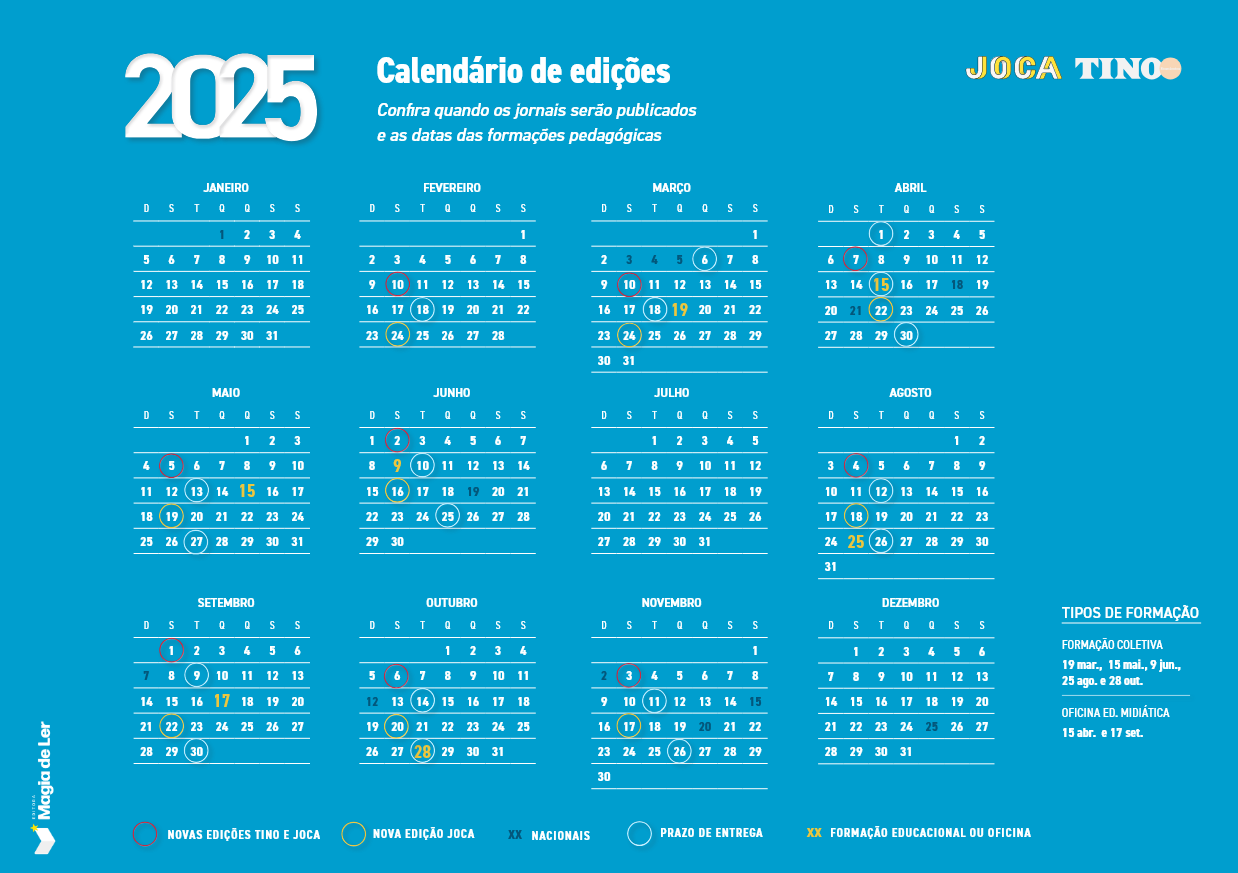
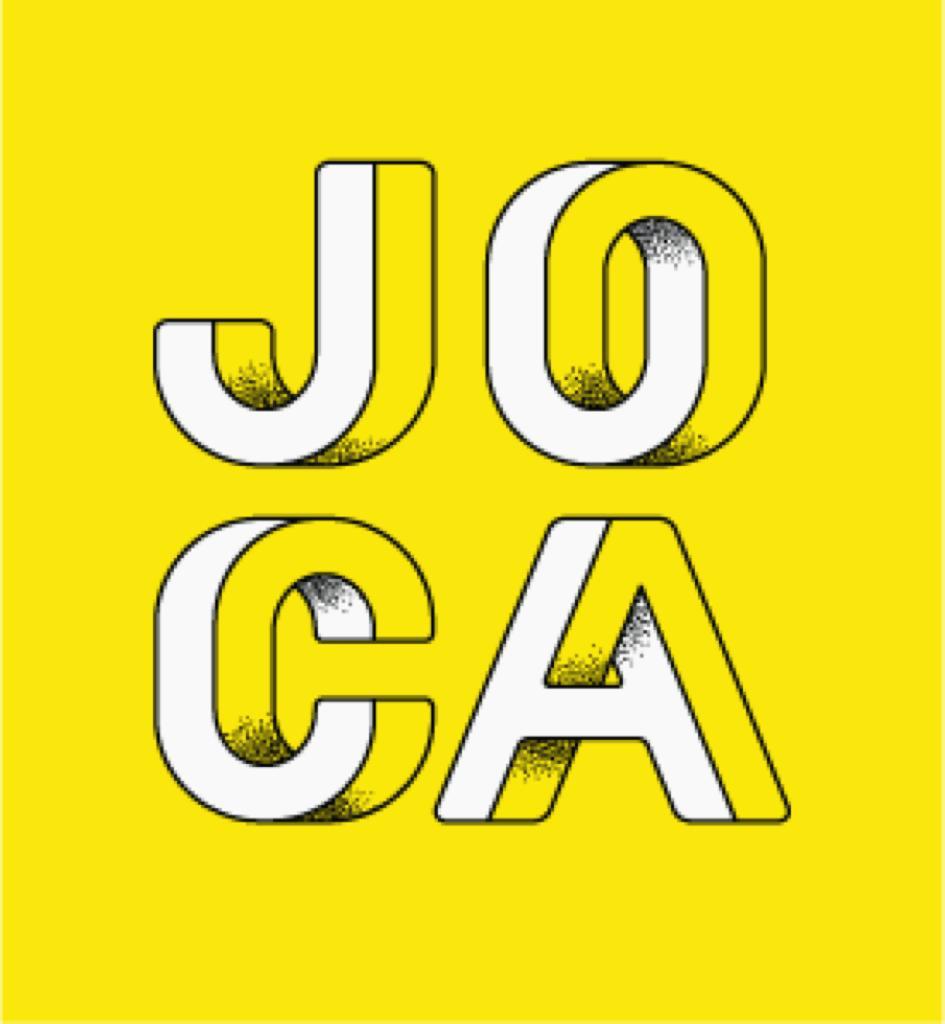





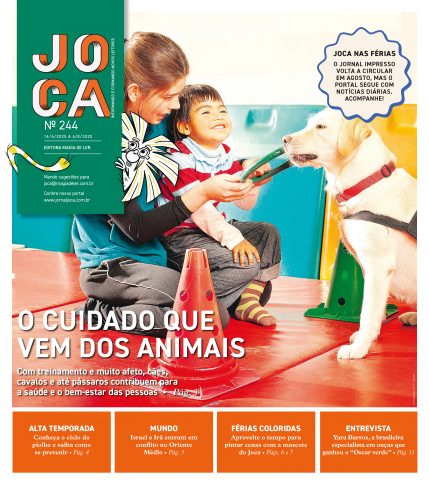

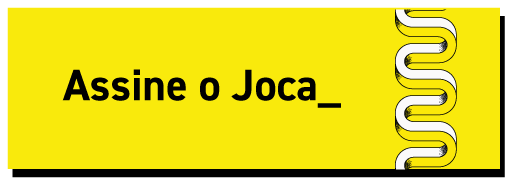
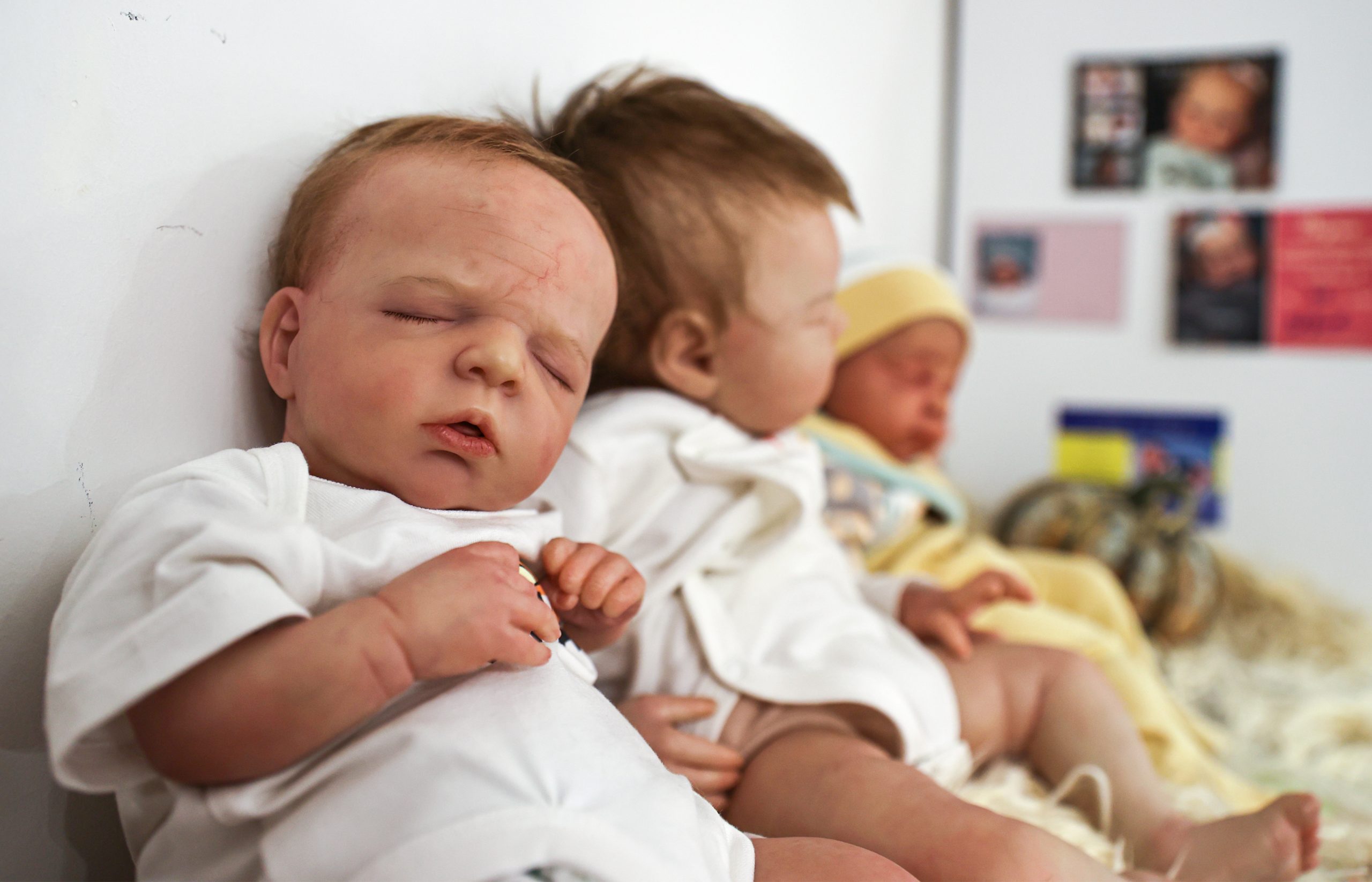
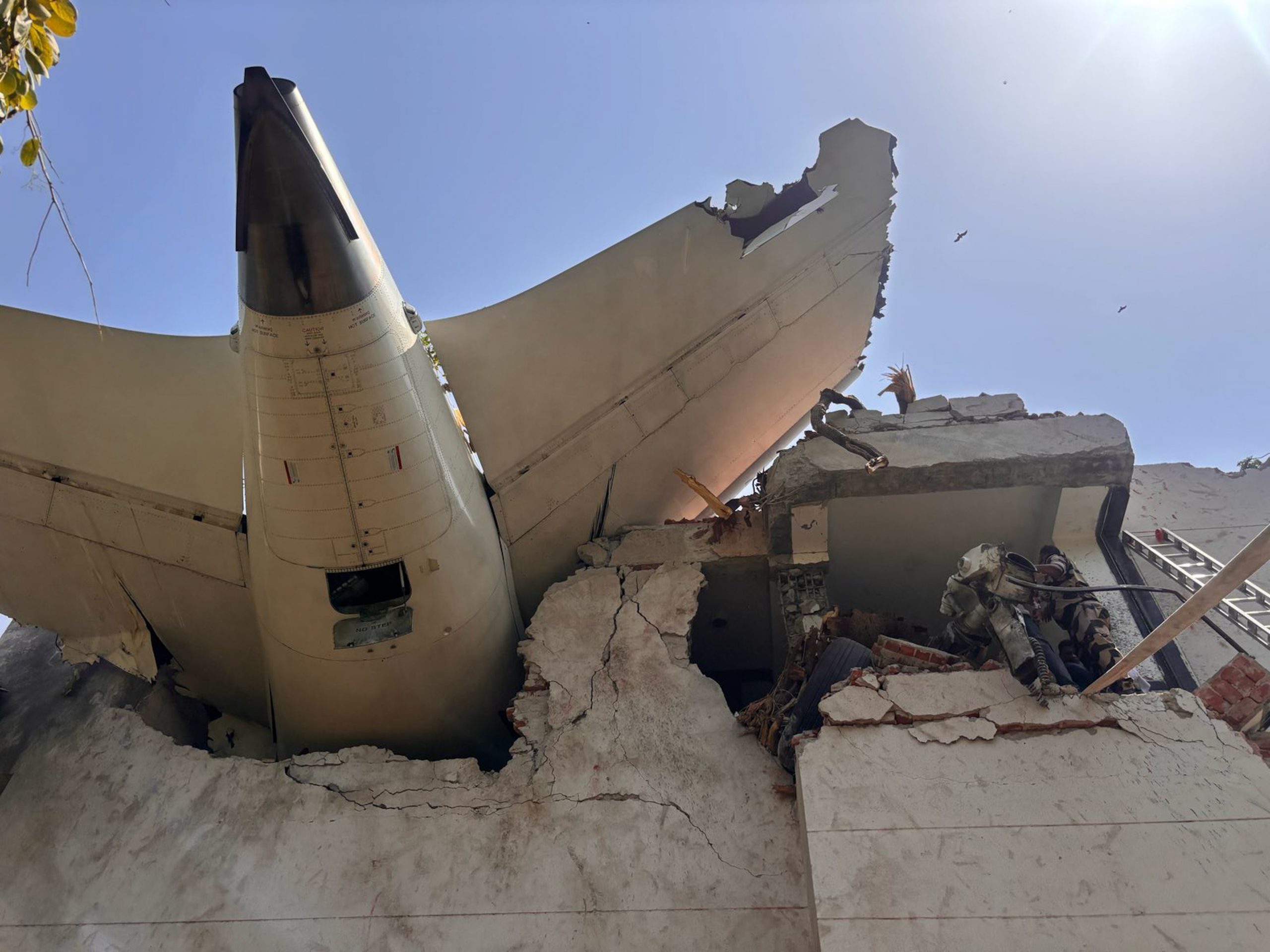
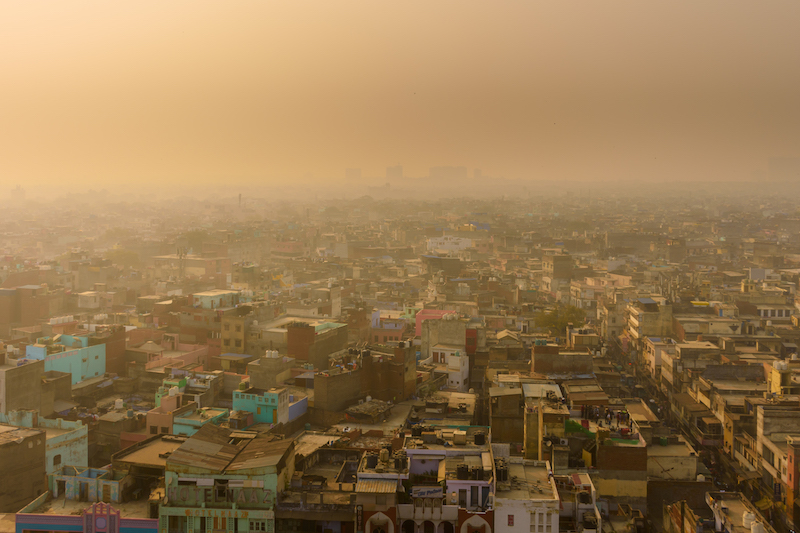
Você precisa fazer o login para publicar um comentário.